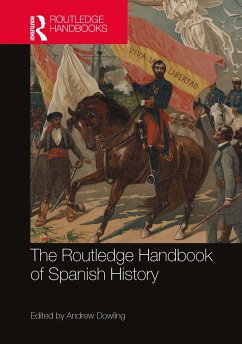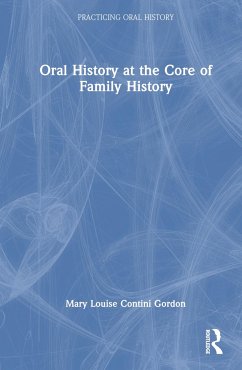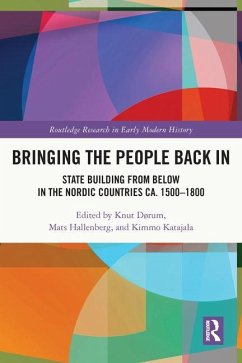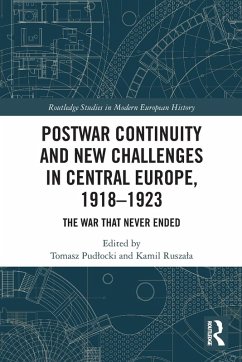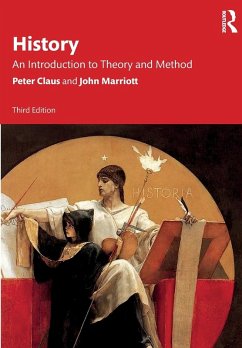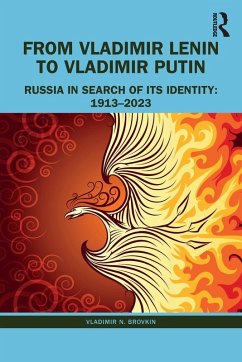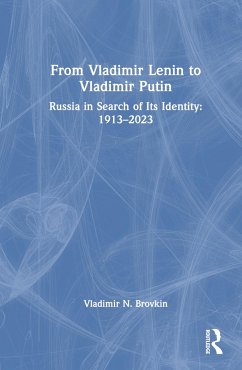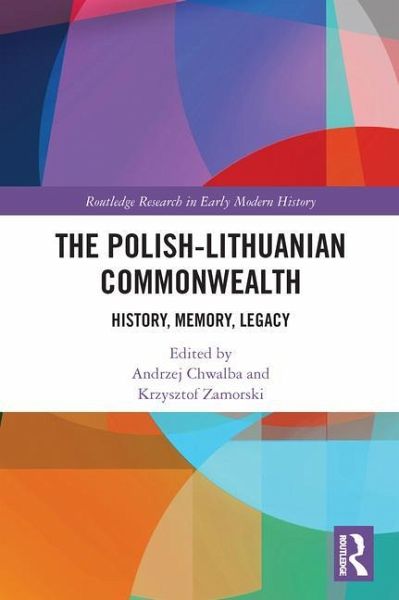
The Polish-Lithuanian Commonwealth
History, Memory, Legacy
Herausgegeben: Chwalba, Andrzej; Zamorski, Krzysztof
Versandkostenfrei!
Versandfertig in 6-10 Tagen
46,99 €
inkl. MwSt.
Weitere Ausgaben:

PAYBACK Punkte
23 °P sammeln!
This volume provides a fresh perspective of the history and legacy of the Polish-Lithuanian Commonwealth, as well as the often-disputed memory of it in contemporary Europe.The unions between the Crown of the Kingdom of Poland and the Grand Duchy of Lithuania have fascinated many readers particularly because many solutions that have been implemented in the European Union have been adopted from its Central and Eastern European predecessor. The collection of essays presented in this volume are divided into three parts - the Beginnings of Poland-Lithuania, the Polish-Lithuanian Commonwealth and Le...
This volume provides a fresh perspective of the history and legacy of the Polish-Lithuanian Commonwealth, as well as the often-disputed memory of it in contemporary Europe.
The unions between the Crown of the Kingdom of Poland and the Grand Duchy of Lithuania have fascinated many readers particularly because many solutions that have been implemented in the European Union have been adopted from its Central and Eastern European predecessor. The collection of essays presented in this volume are divided into three parts - the Beginnings of Poland-Lithuania, the Polish-Lithuanian Commonwealth and Legacy and Memory of the Polish-Lithuanian Commonwealth - and represent a selection of the papers delivered at the Third Congress of International Researchers of Polish History which was held in Cracow on 11-14 October 2017. Through their application of different historiographical perspectives and schools of history they offer the reader a fresh take on the Commonwealth's history and legacy, as well as the memory of it in the countries that are its inheritors, namely Poland, Lithuania, Latvia, Belarus and Ukraine.
An exploration of one of the biggest countries in Early Modern Europe, this will be of interest to historians, political scientists, cultural anthropologists and other scholars of the history of Central and Eastern Europe in the Early Modern period.
The unions between the Crown of the Kingdom of Poland and the Grand Duchy of Lithuania have fascinated many readers particularly because many solutions that have been implemented in the European Union have been adopted from its Central and Eastern European predecessor. The collection of essays presented in this volume are divided into three parts - the Beginnings of Poland-Lithuania, the Polish-Lithuanian Commonwealth and Legacy and Memory of the Polish-Lithuanian Commonwealth - and represent a selection of the papers delivered at the Third Congress of International Researchers of Polish History which was held in Cracow on 11-14 October 2017. Through their application of different historiographical perspectives and schools of history they offer the reader a fresh take on the Commonwealth's history and legacy, as well as the memory of it in the countries that are its inheritors, namely Poland, Lithuania, Latvia, Belarus and Ukraine.
An exploration of one of the biggest countries in Early Modern Europe, this will be of interest to historians, political scientists, cultural anthropologists and other scholars of the history of Central and Eastern Europe in the Early Modern period.






